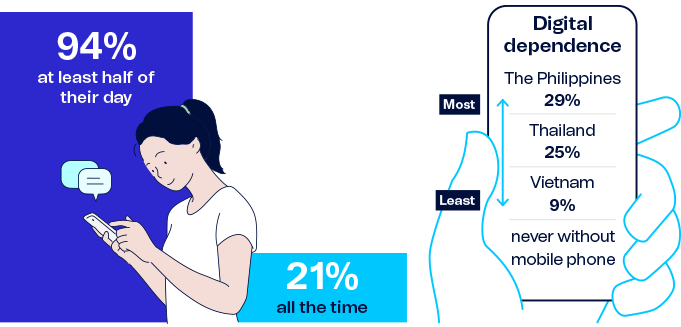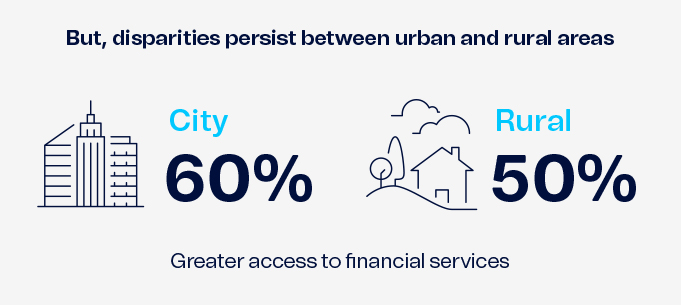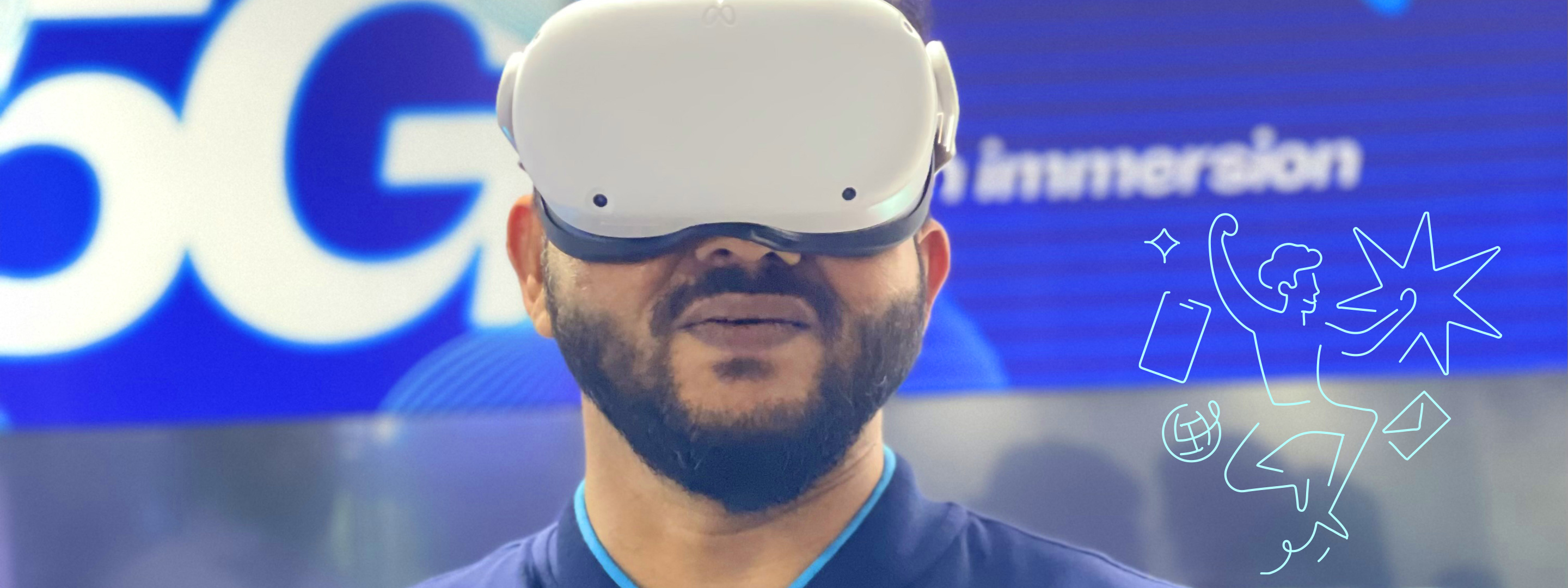
Telenor Asia: Digital Lives Decoded (Live)
Part One: Live
Download full report
Read the press release
Survey Findings (Infographics)
Decoding changing attitudes towards mobile connectivity in South and Southeast Asia.
In the past 25 years, mobile connectivity has exploded in Asia, creating new industries, reshaping media, and transforming how we connect with each other. That growth story is often told through the prism of the region’s largest economies: China, India, Japan, and South Korea. But since the outbreak of COVID-19, we have seen the next wave of mass digital engagement and growth accelerate in markets throughout South and Southeast Asia.
To take stock of fast-changing digital lifestyles in the region, Telenor conducted a survey of over 8,000 people using mobile devices and internet across Bangladesh, Indonesia, Malaysia, Pakistan, the Philippines, Singapore, Thailand, and Vietnam.
The survey highlighted that they share a common appreciation for the benefits of an “always-on” life. Cutting across different markets and age groups, most respondents are united by a firm belief that connectivity empowers them with more economic opportunity, convenience, and entertainment options. At an interpersonal level, mobile devices enrich relationships and enable us to stay connected, even as the aftershocks of the pandemic continue to disrupt how we interact with one another in various settings across our daily lives.
However, our study also reveals gaps in digital transformation in these markets. Older and rural users find fewer benefits to mobile access than their young, urban counterparts. And skill gaps, privacy and security have become serious concerns in every country we surveyed, with those living in cities more likely to say privacy and security is a strong consideration in how they use mobile devices and apps than those residing in village or rural areas.
As mobile connectivity evolves from a nice-to-have to a must-have, the need to understand these gaps is becoming more important to policymakers, businesses, and individuals alike. Lacking the right skills, awareness, devices, or being off the grid can severely restrict access to education, healthcare, and employment. In tandem, bringing more people online and accelerating digital adoption requires greater energy consumption so there is a need to better understand the carbon footprint of our online habits. Insights from this survey can thus act as a map of where to bridge the widest digital divides.
We believe we have reached a digital inflection point for Asia. This year Telenor celebrates a quarter of a century of operations in Asia. As we look forward, we wish that future to be one where mobile connectivity is empowering and sustainable for all. We hope you too will find that our “Digital Life Decoded” study brings deep insights into building that future together.
Jorgen C. Arentz Rostrup
Head of Telenor Asia
Overview
“Digital Lives Decoded” is a three-part series – released in conjunction with Telenor’s 25th anniversary in Asia – looking at the role of mobile devices in shaping how we live, work, and play. The first report examines the impact mobile devices are having on the way consumers live and reveals how mobile connectivity is bringing power to the people.

Key factors for better quality of life

Five key trends for continued surge in mobile usage
1. Swiping up for an always-on lifestyle
Respondents surveyed have their phone with them for large parts of the day
 Our findings show that more than a third of
people (35%) say their usage has increased
‘significantly’ since the turn of the year,
a rate greater than at any point over the
past five years. Bangladesh has seen one
of the sharpest digital acceleration in 2022
alone (41%), alongside the Philippines and
Thailand, both at 40%.
Our findings show that more than a third of
people (35%) say their usage has increased
‘significantly’ since the turn of the year,
a rate greater than at any point over the
past five years. Bangladesh has seen one
of the sharpest digital acceleration in 2022
alone (41%), alongside the Philippines and
Thailand, both at 40%.Despite already high usage

Drivers for increased mobile usage

..76% believe they have struck a good balance on technology usage
Younger generations are most likely to feel they are overusing technology, suggesting that those who did not grow up with mobile devices are better able to manage how they use them, compared to those who have lived with them all their lives.

2. Keeping up as digital life charges ahead
In spite of the current time spent on mobile devices, respondents are still concerned about their digital skills and whether they are sufficient to get the most out of technology in the coming years.
85% of people are concerned about keeping pace with rapidly changing technology, although almost everyone surveyed (97%) feel their skills are sufficient to get them by for now.

3. (Lack of) trust in the digital world
Privacy and security of mobile devices a concern for 93% of respondents

This concern is driving changes in behaviour for almost everyone. 98% of people say that privacy and security is now a factor in how, when and where they are using their devices as well as which apps they use and the services they access.
When viewed alongside concerns raised about keeping up with the pace of change, privacy and security need to be key considerations as the industry looks at critical skills for the digital economy and a hyper-connected world.
4. Tapping into a more sustainable life

5. Mobile technology is closing divides
Increased mobile connectivity has also improved inclusion for most respondents

 However, it is worth noting the
disparity between responses of
those living in cities and rural areas.
This highlights the ongoing need to
broaden the reach of these services
to those outside urban areas – a
trend that financial institutions
should note as they seek to iron out
inequalities in access.
However, it is worth noting the
disparity between responses of
those living in cities and rural areas.
This highlights the ongoing need to
broaden the reach of these services
to those outside urban areas – a
trend that financial institutions
should note as they seek to iron out
inequalities in access.Overall, these results should send a clear message to everyone connected with the mobile industry: devices can bring significant benefits to both individuals and society at large. From better access to much-needed services to a positive impact on the environment, mobile technology and connectivity should be an integral part of the solutions to some of the major challenges facing the world today.

